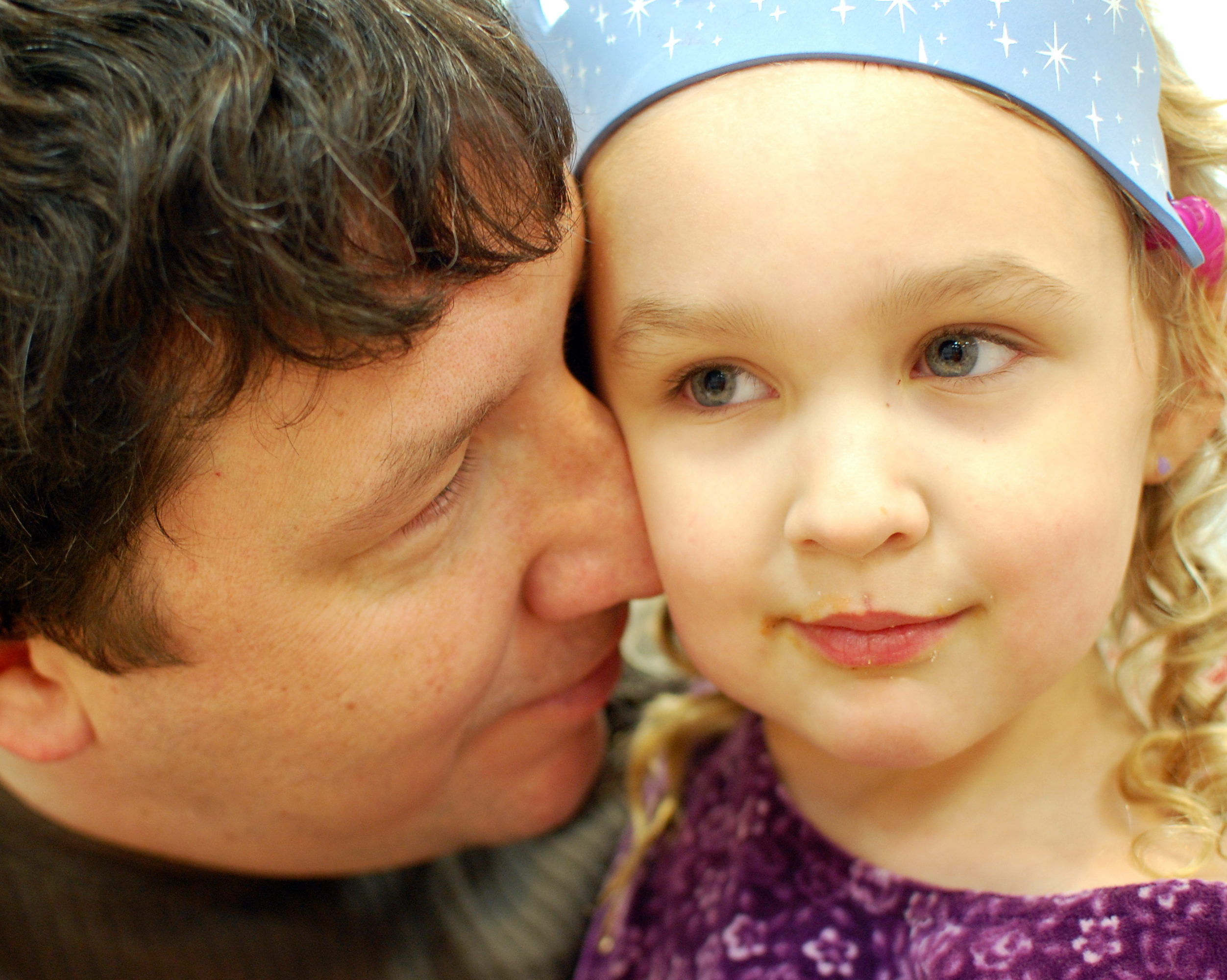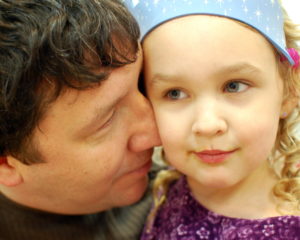Six Strategies to Help Introverts Thrive at School and Feel Understood
 In every classroom, teachers try to engage students who have a variety of temperaments: extroverts, introverts and ambiverts. They work with children who crave sensory stimulation and with those who are highly sensitive to noise and visual distraction.
In every classroom, teachers try to engage students who have a variety of temperaments: extroverts, introverts and ambiverts. They work with children who crave sensory stimulation and with those who are highly sensitive to noise and visual distraction.
While one temperament is not better than any other, introverted students are often “overlooked, undervalued and overstimulated in our schools,” said Heidi Kasevich, a 20-year teaching veteran and director of education for Quiet Revolution, an outgrowth of Susan Cain’s best-selling book on the power of introverts. Read more »


 Dyslexia affects every instructional task a student will face in school. We are a language-based society with deeply rooted traditions that rely on reading and writing. One in five students has a language-based learning disability, the most common of those being dyslexia. Fortunately, there is a window of opportunity to tackle and remedy dyslexia at an early age.
Dyslexia affects every instructional task a student will face in school. We are a language-based society with deeply rooted traditions that rely on reading and writing. One in five students has a language-based learning disability, the most common of those being dyslexia. Fortunately, there is a window of opportunity to tackle and remedy dyslexia at an early age. 


 Parents can’t be 100 percent certain that their child is ready for university life, but 30 years as a psychologist have taught me what to look for. The key indicator that an individual is ready to begin this transition is the emergence of a new level of
Parents can’t be 100 percent certain that their child is ready for university life, but 30 years as a psychologist have taught me what to look for. The key indicator that an individual is ready to begin this transition is the emergence of a new level of 
 It can be difficult to know the difference between having social anxiety and being awkward, introverted, or shy. The American Psychological Association’s
It can be difficult to know the difference between having social anxiety and being awkward, introverted, or shy. The American Psychological Association’s 
 If I had been asked to list my parenting worries, my daughter dying from a heart attack caused by an eating disorder wouldn’t have made the cut. Norah scoffed when doctor after doctor asked her about body image. “I like the way I look; my body is fine,” she said. “I’m just nauseous.”
If I had been asked to list my parenting worries, my daughter dying from a heart attack caused by an eating disorder wouldn’t have made the cut. Norah scoffed when doctor after doctor asked her about body image. “I like the way I look; my body is fine,” she said. “I’m just nauseous.” 
 Avoidant Restrictive Food Intake Disorder (ARFID) was previously referred to as “Selective Eating Disorder.” ARFID is similar to anorexia in that both disorders involve limitations in the amount and/or types of food consumed, but unlike anorexia, ARFID does not involve body image issues.
Avoidant Restrictive Food Intake Disorder (ARFID) was previously referred to as “Selective Eating Disorder.” ARFID is similar to anorexia in that both disorders involve limitations in the amount and/or types of food consumed, but unlike anorexia, ARFID does not involve body image issues.
 #BeThe1To
#BeThe1To
 written by CHC staff member Mike Navarrete
written by CHC staff member Mike Navarrete

